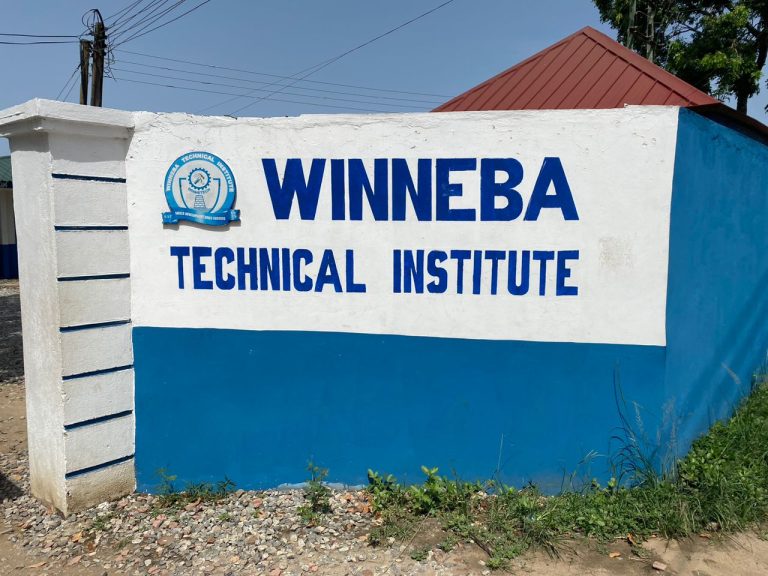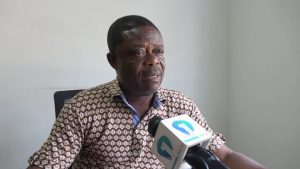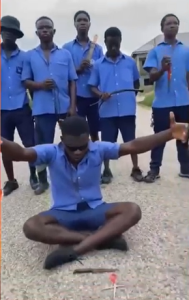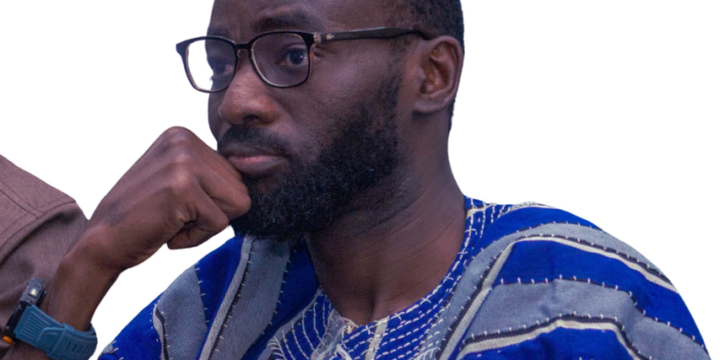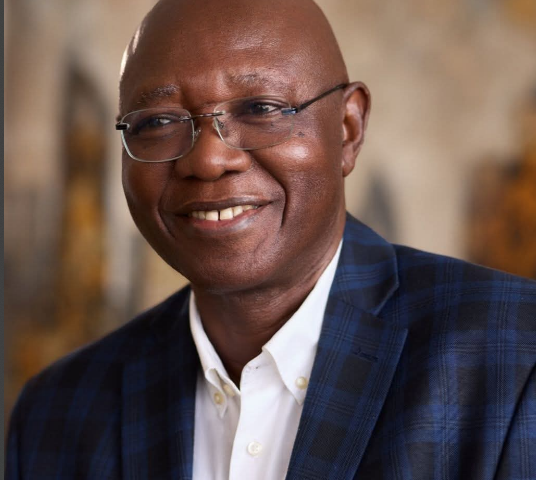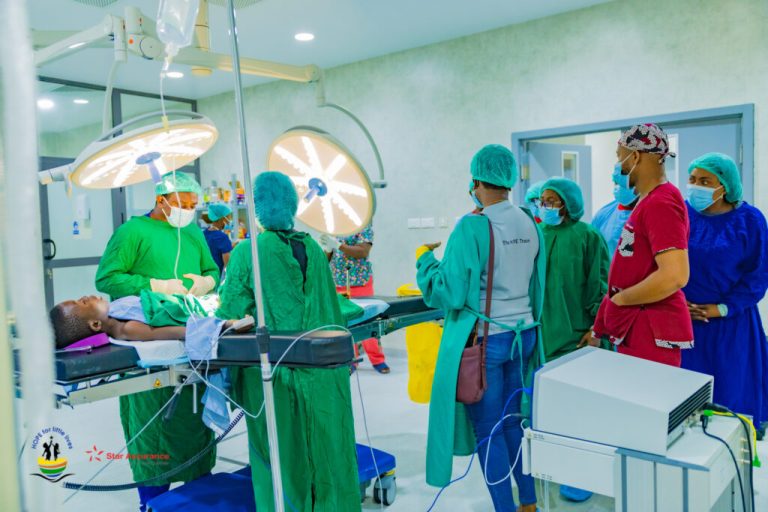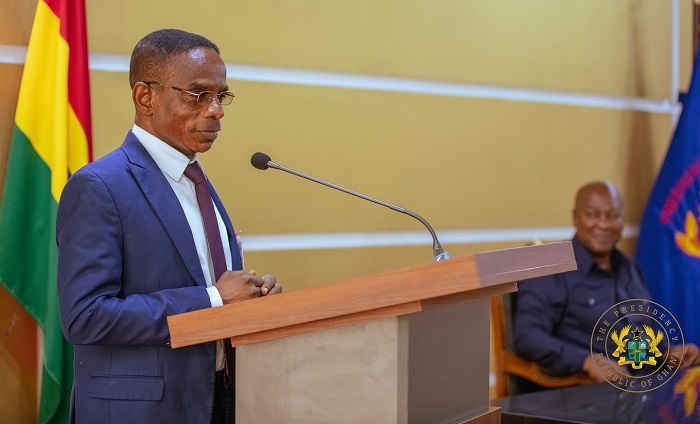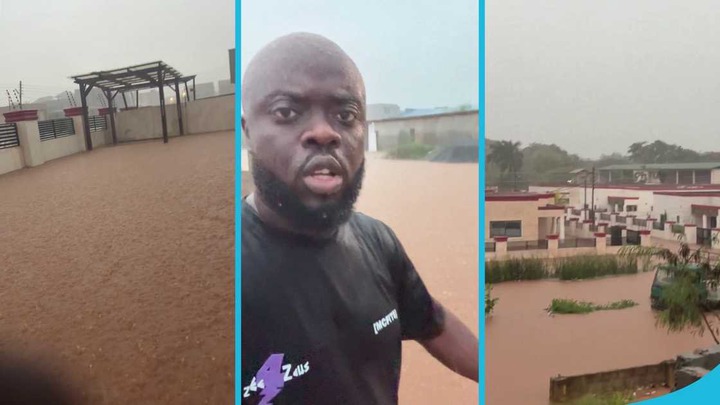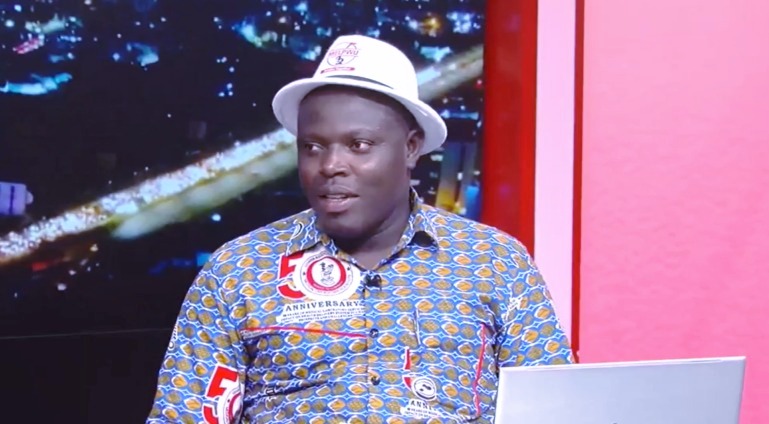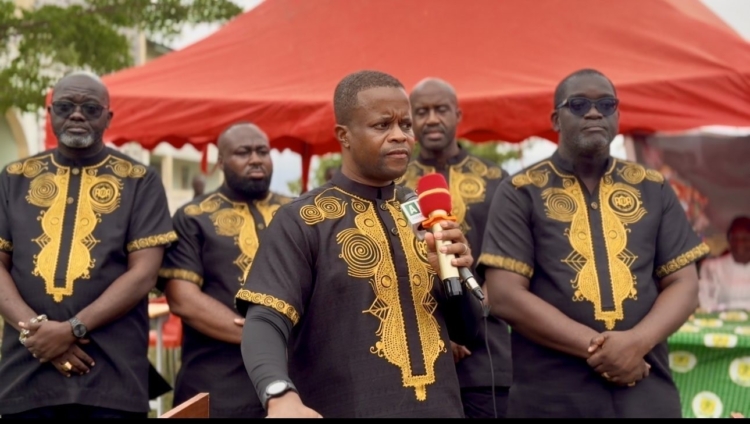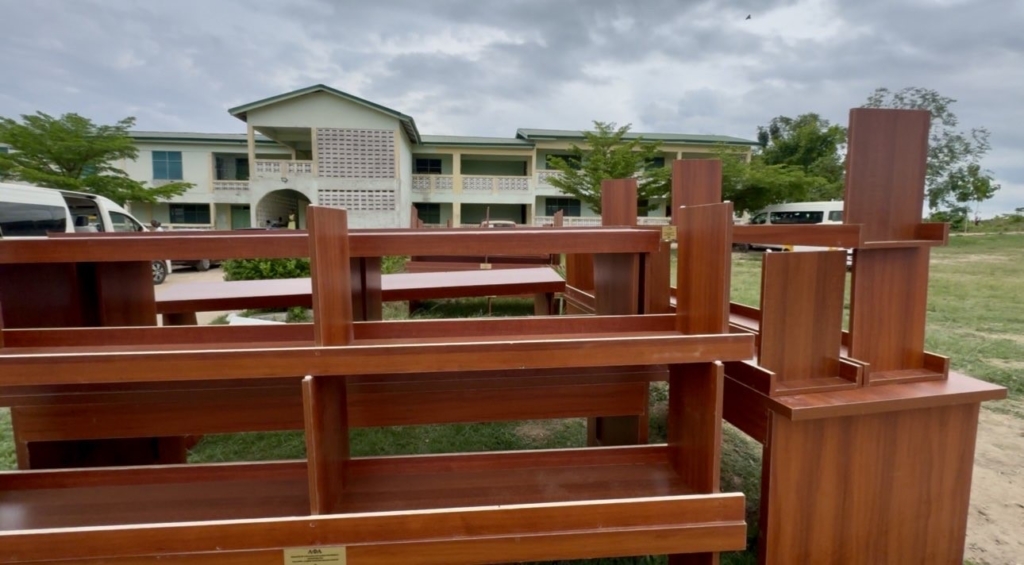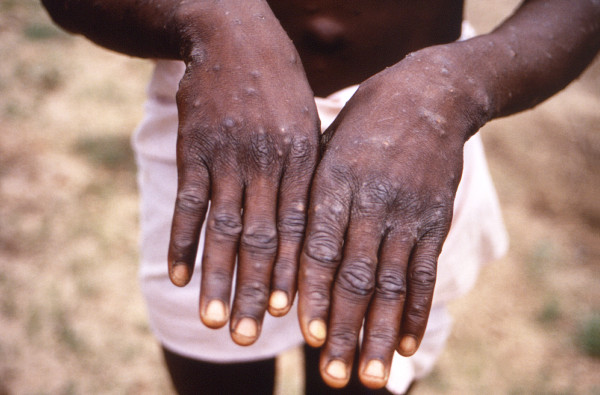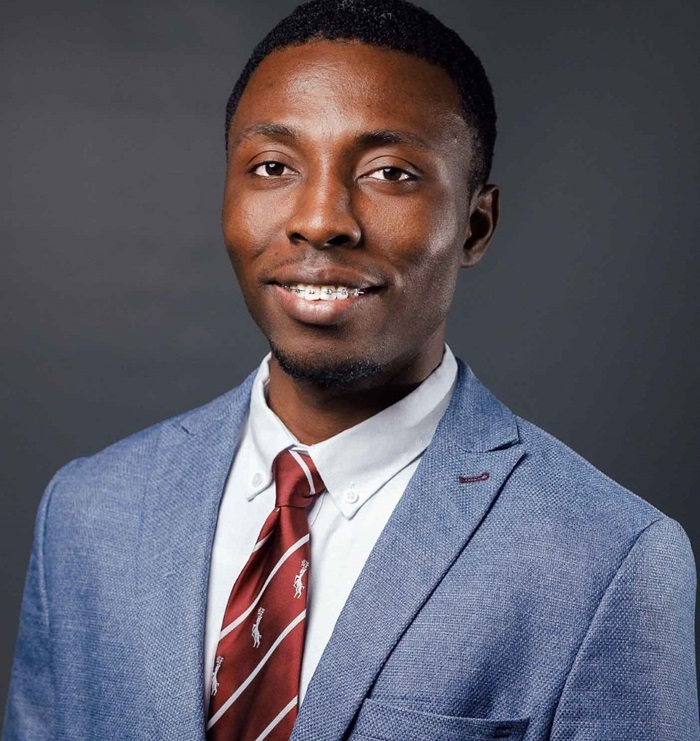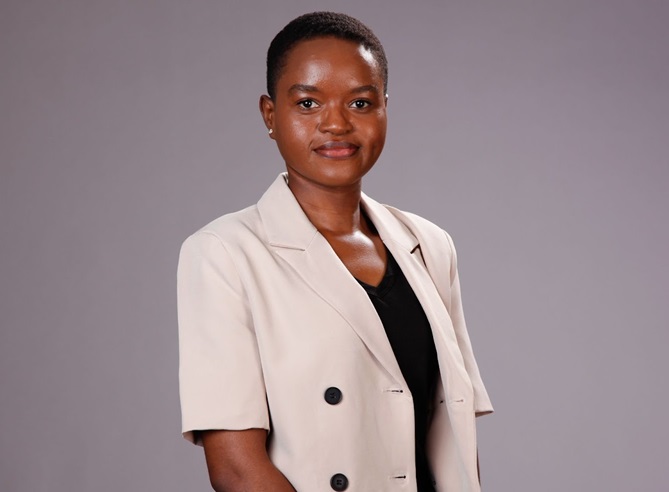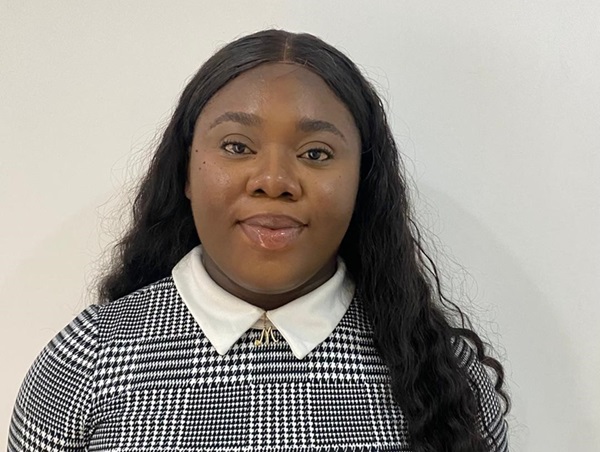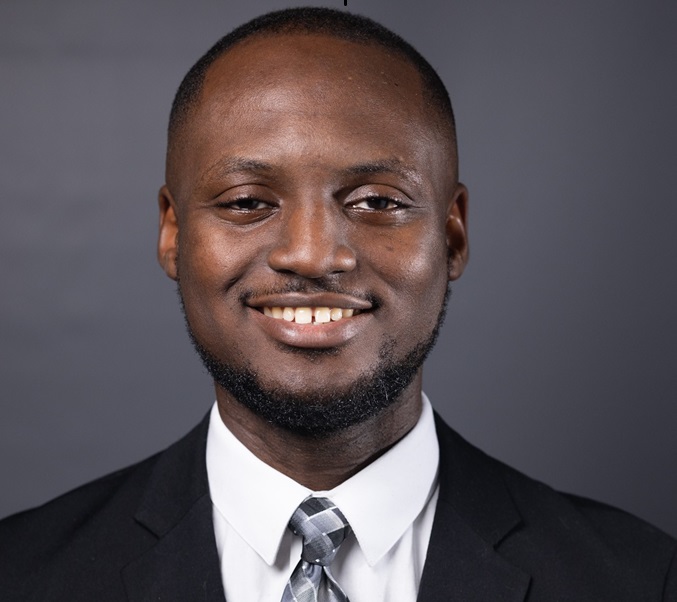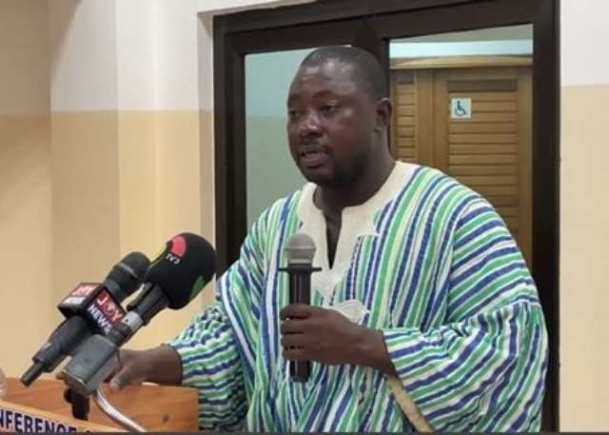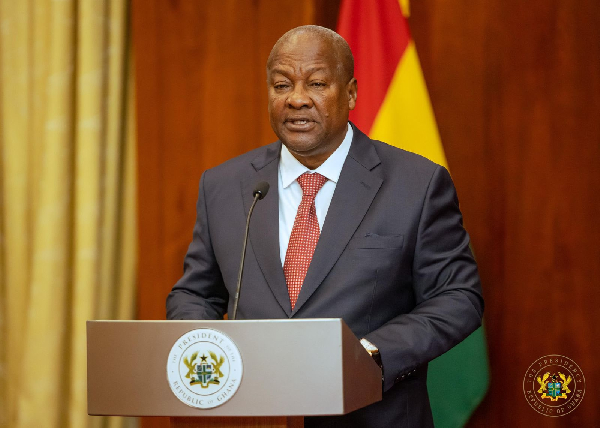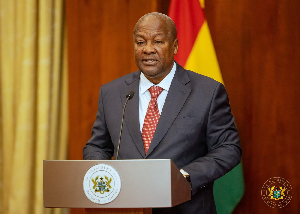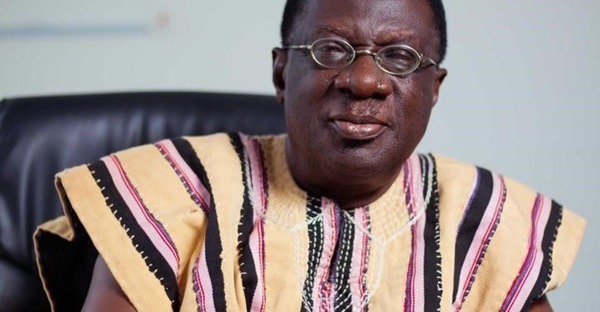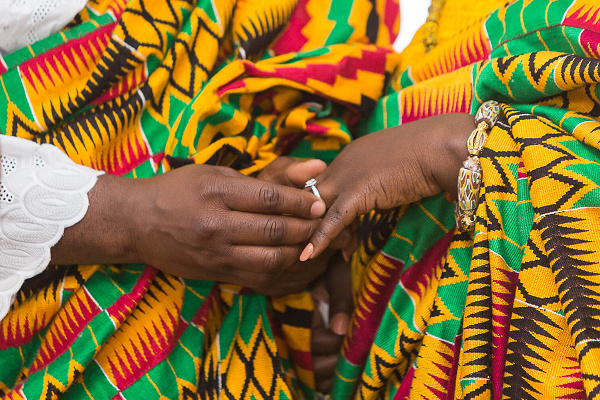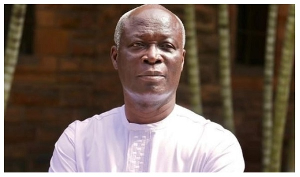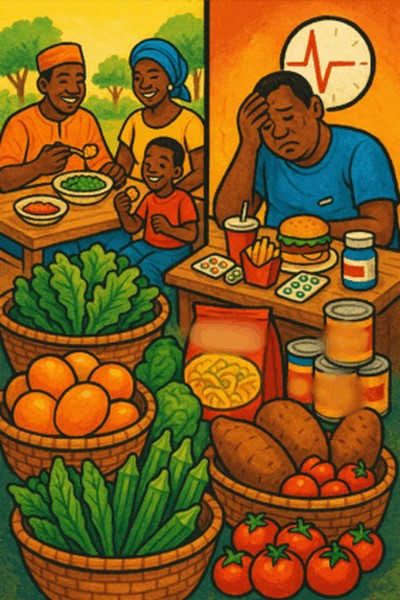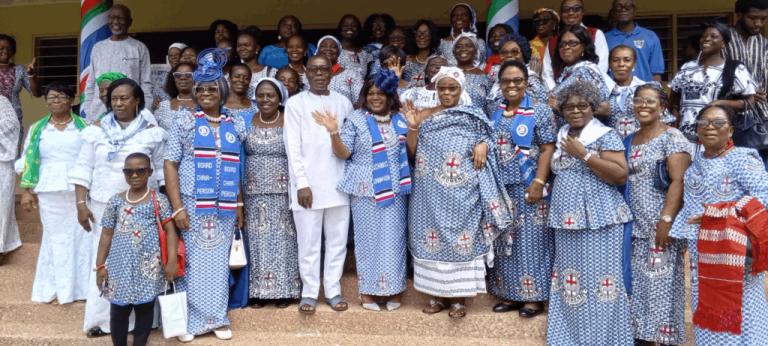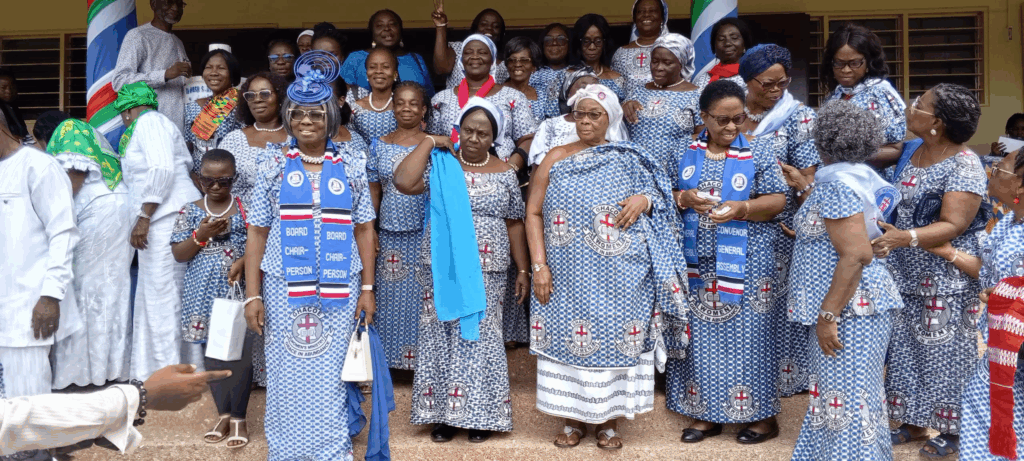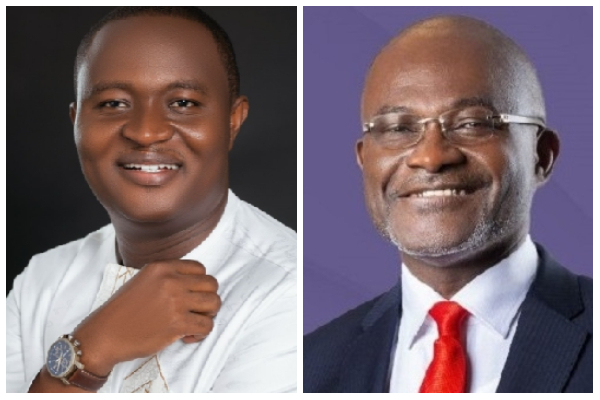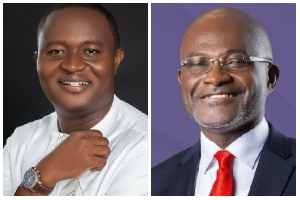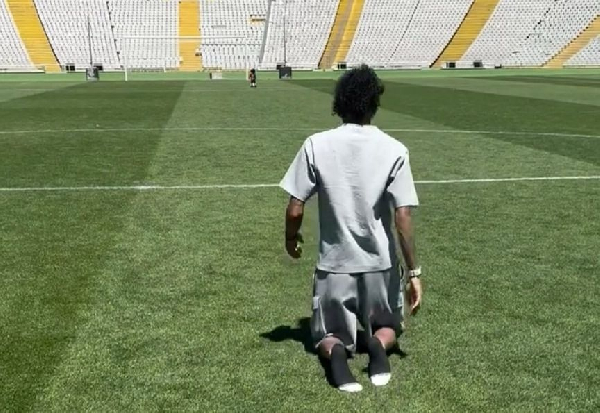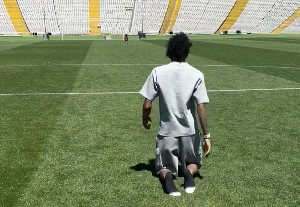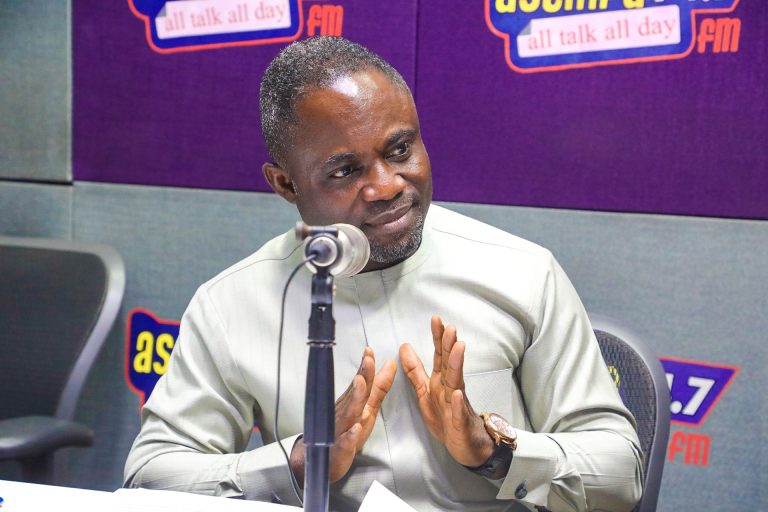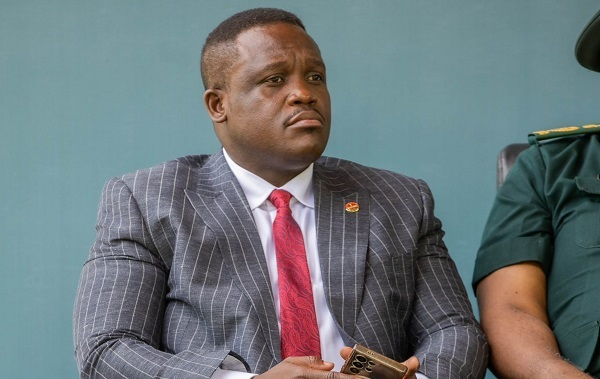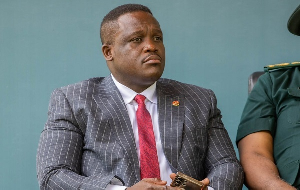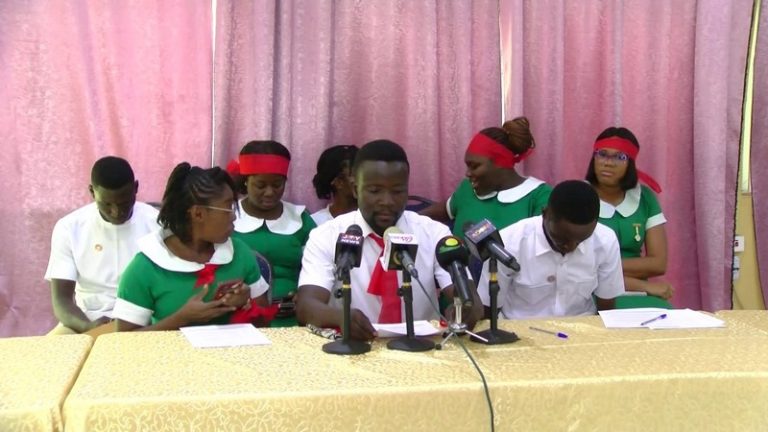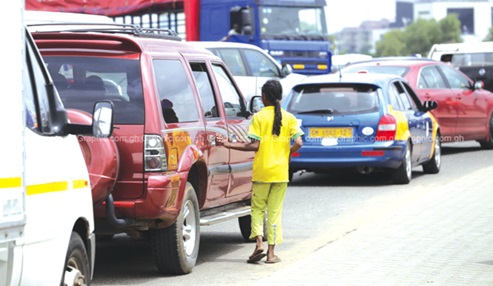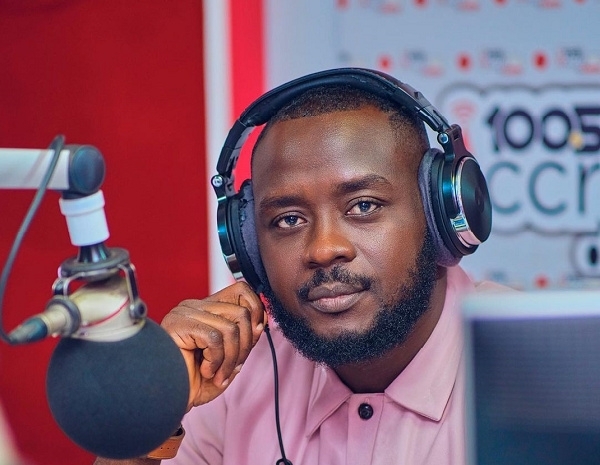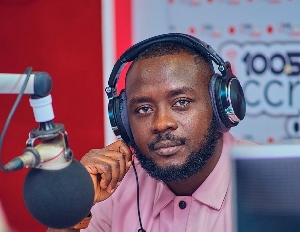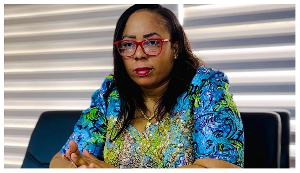The geopolitical ground across West and Central Africa is shifting. Widespread frustration has built up, and regional institutions are weakening. While many continue to look at Burkina Faso as the next likely site of political upheaval, they may be looking in the wrong direction.
If we define a “successful coup” as one that occurs with minimal violence, garners public support, and avoids plunging a country into civil war—and a “good coup” as one that catalyses a transition to more responsive, just, or sovereign governance—then Burkina Faso is precisely the place where such a coup is least likely to succeed or be accepted.
This is not to say that violence is impossible in other countries. A coup anywhere is inherently risky. But in countries like Côte d’Ivoire, Togo, or Cameroon, a coup could be less violent and more popularly accepted than in Burkina Faso. This is because in Burkina Faso, a coup would be tantamount to a declaration of war, not just on the state, but on its people and the other members of the Alliance of Sahel States (AES).
Burkina Faso: A Coup Here Would Ignite a Firestorm
Since taking power in 2022, Captain Ibrahim Traoré has faced multiple coup attempts and accusations of foreign-backed plots. These threats haven’t weakened him—they’ve sharpened his reflexes. He has purged the military, fortified his regime’s ideological messaging, and relied heavily on loyalist militias and grassroots networks. He has also entrenched Burkina Faso into a new political bloc, the AES, alongside Mali and Niger, rejecting Western interference in favor of sovereignty-first regionalism.
What makes a successful coup in Burkina Faso not just unlikely, but potentially explosive, is that it would be interpreted not just as a political manoeuvre, but as a betrayal of the people’s will and dignity. Traoré is not merely tolerated—he is lionized by large sections of the public. He speaks to their frustrations, reflects their pride, and symbolises a reclaiming of African self-determination.
Any move to unseat him by force would be seen not as liberation, but as sabotage—especially if it’s perceived to be backed by external powers. The result would not be a peaceful transition. It would be bloodshed. Loyalist security forces, youth groups, AES allies, ordinary citizens, and potentially foreign fighters from neighbouring and other African countries would resist violently.
In other words, a coup in Burkina Faso would be neither good nor successful. It would destabilise not only Burkina Faso but the wider Sahel—and even galvanise anti-imperialist movements across the continent.
And make no mistake: the rest of Africa would take Traoré’s side.
Why? Because he represents something larger than himself. In a time when elected leaders manipulate constitutions, silence critics, and deliver little to the people, Traoré projects strength, direction, and clarity—even if one disagrees with his methods. To many across the continent, he is a corrective to the hypocrisy of democracy.
This is where the AU’s long-standing blanket rejection of all “unconstitutional changes of government” hits a wall. As scholars have shown, there is a growing divergence between “bad coups” (greedy power grabs) and “good coups” (popular interventions against stagnant elites). In today’s Africa, many people—and even some policymakers—recognise this distinction. And in that framework, a coup against Traoré would fall squarely into the “bad” category.
Côte d’Ivoire: Democratic Façade, Hidden Risks
Côte d’Ivoire has the outward appearance of a stable democracy, but beneath that façade lies growing frustration. President Alassane Ouattara’s controversial third term in 2020 ignited protests and deepened public distrust. Many fear that the 2025 elections will be another tightly controlled affair.
The military has a history of restiveness. Mutinies in 2017 and tensions over pay and command structures suggest underlying unease. A section of the officer corps may believe that, if things deteriorate further, a coup could succeed. And that’s key: coups often happen when coup plotters believe success is not only possible but likely to be accepted.
If opposition voices are again stifled and Ouattara runs yet again, a coup framed as a democratic reset could draw mass support and face little resistance. Violence is always possible, but less likely than in a place like Burkina Faso, where public loyalty to the ruling junta is far deeper.
Togo: Dynastic Rule and Growing Dissent
In Togo, President Faure Gnassingbé has ruled since 2005, following in his father’s footsteps. The recent constitutional changes, which allow him to remain in power until 2031, have been described by many as a constitutional coup.
While the regime is tightly woven into the military elite, fatigue is growing. The youth have known no other form of rule, and disillusionment is high. And if discontent within elite or military circles grows, it’s not hard to imagine a quiet, insider-led coup gaining traction. If framed as a path to break decades of dynastic rule and restart the democratic process, many may quietly welcome it.
I am not saying there would be no violence. But there would likely be less resistance than in Burkina Faso, where even the perception of foreign-backed regime change sparks mass mobilisation at home and abroad.
Cameroon: Succession Anxiety and Military Centrality
In Cameroon, President Paul Biya’s 40+ year rule is nearing its end. At over 90 years old, Biya rarely appears in public and has not named a successor. Consequently, there is no credible transition plan in place.
The Anglophone conflict, economic grievances, and youth disillusionment have created a fragile environment. When Biya exits, whether due to death or incapacity, the likelihood of political disorder is high. The military, which plays a central role in the state, may step in as a “stabilising force.” This would be similar to the coup that removed Robert Mugabe in Zimbabwe.
Again, we do not say violence is unlikely. But if the military frames its action as preserving unity and stability, it may face little pushback. Cameroonians may see it as the lesser evil compared to elite power grabs or ethnic fragmentation.
What Makes a Coup ‘Good’?
Let’s begin to sketch the rough contours of a “good coup.” A so-called good coup:
• Removes a leader whose rule has become illegitimate or oppressive;
• Enjoys broad public support or consent;
• Avoids widespread violence;
• Commits to a genuine transition;
• Restores or improves constitutional governance.
Many coups fail on these counts. But some succeed, and it is increasingly public outcomes, not legal labels, that shape African opinion.
It Won’t Be in Burkina Faso
Burkina Faso is loud, radical, and rebellious. But it is also cohesive, energised, and fiercely loyal to its current leader. A coup there would be seen as sabotage, resisted by the masses, the military, and regional allies. It would likely end in violence and failure.
Côte d’Ivoire, Togo, and Cameroon, on the other hand, are quiet—but brittle. Their regimes are ageing or calcified. Their people are tired. And their militaries may believe that, if a coup is attempted, it can be pulled off with limited resistance.
If the continent is to grapple honestly with the future of its governance, it must stop treating all coups the same. Some are power grabs, while others are calculated risks rooted in public frustration and elite paralysis.
And the next “good” or “successful” coups—if they happen—will not be in Burkina Faso. They will come from countries where rulers have overstayed their welcome, and soldiers sense that the public is ready.
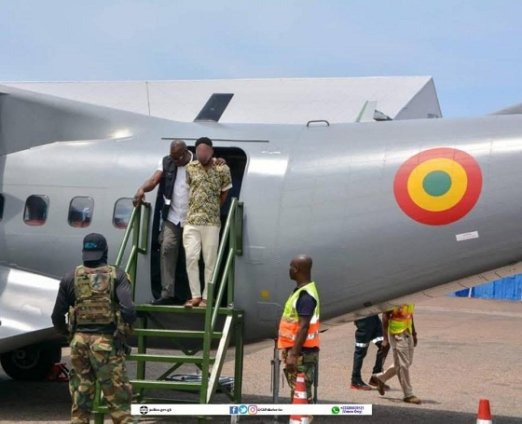
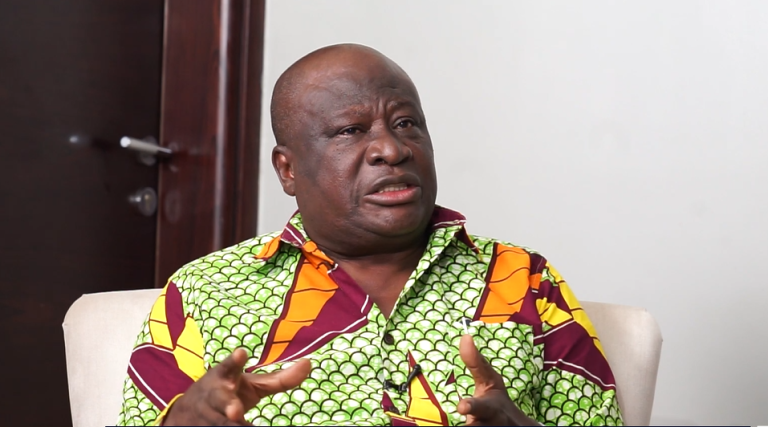
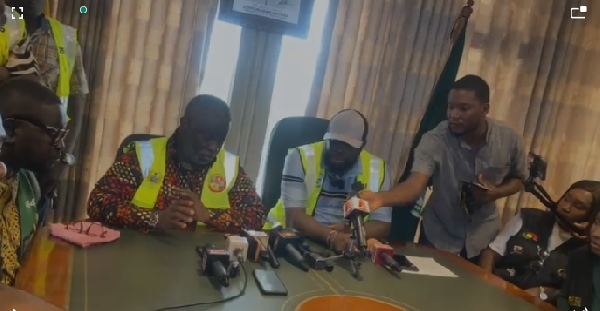


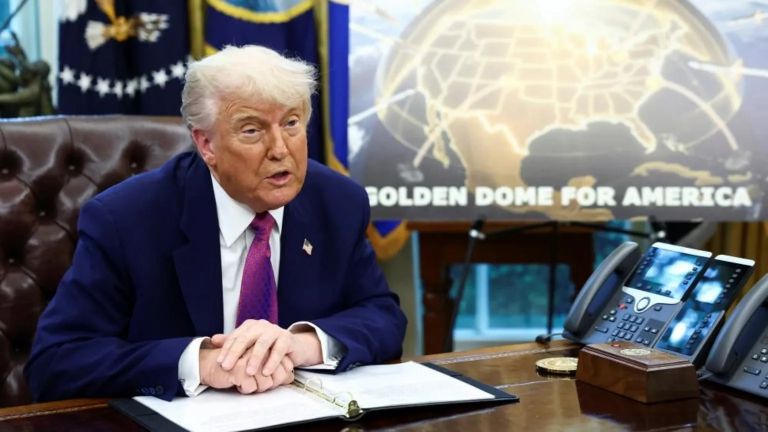

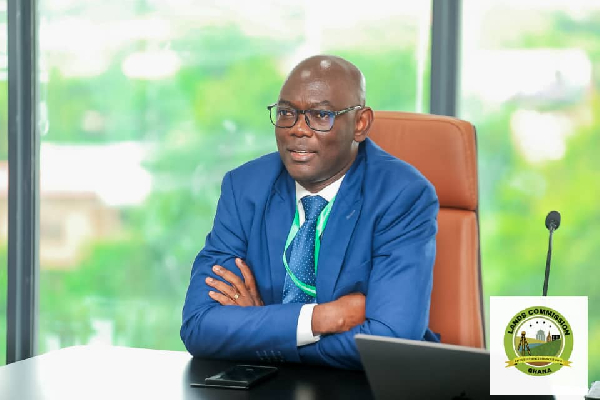
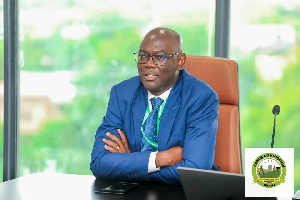
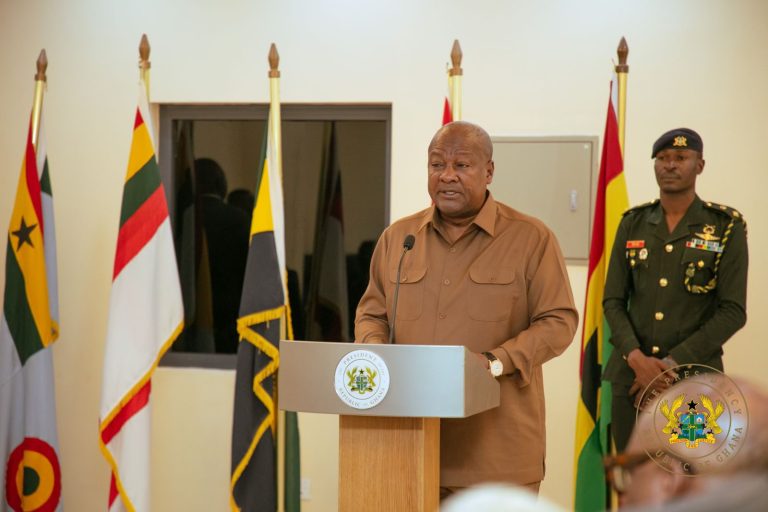

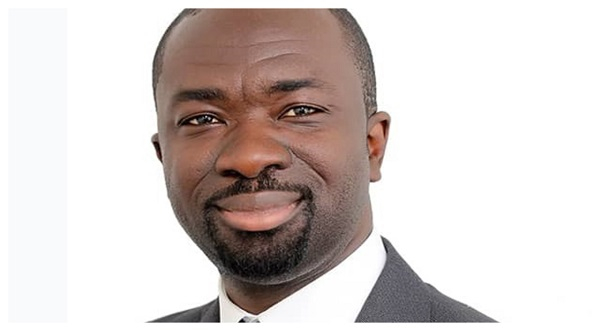
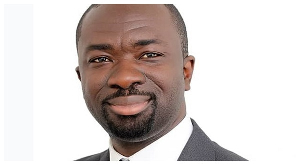
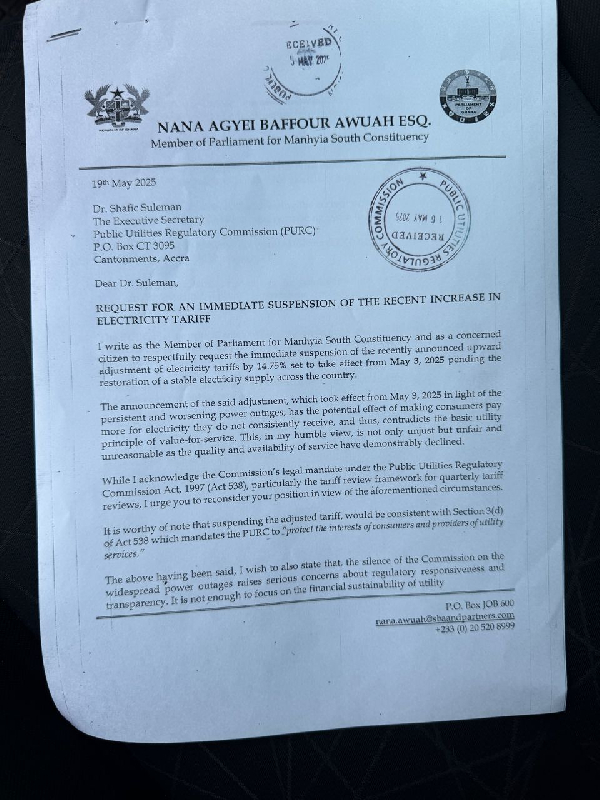
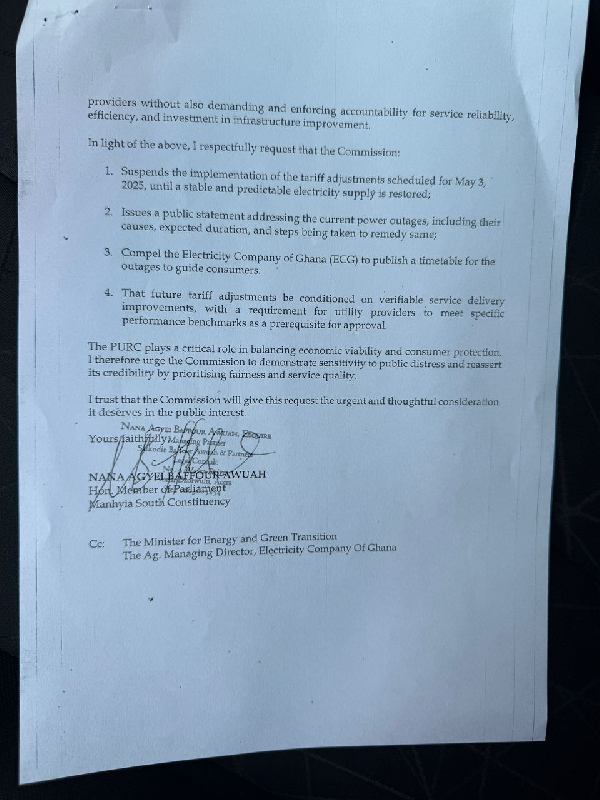





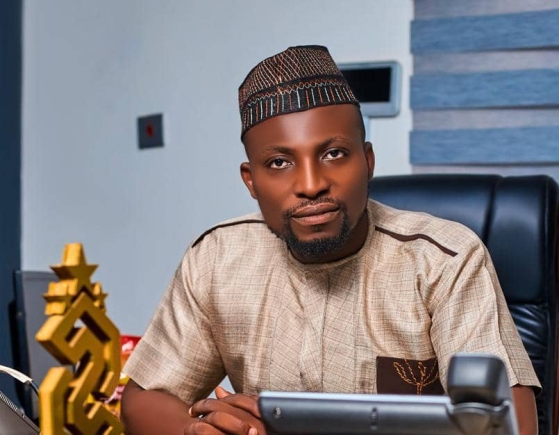


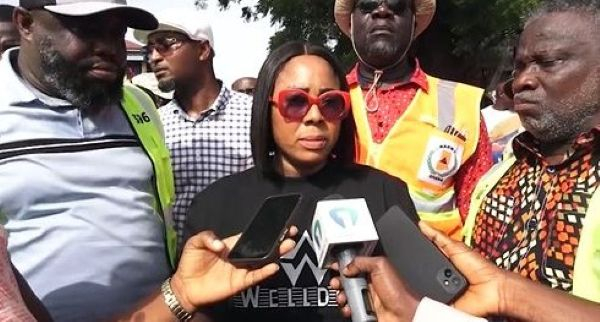
![Linda Ocloo and the AMA Mayor [L] speaking to the media during the decongestion exercise in Accra Linda Ocloo and the AMA Mayor [L] speaking to the media during the decongestion exercise in Accra](https://cdn.ghanaweb.com/imagelib/pics/957/95712526.295.jpg)
